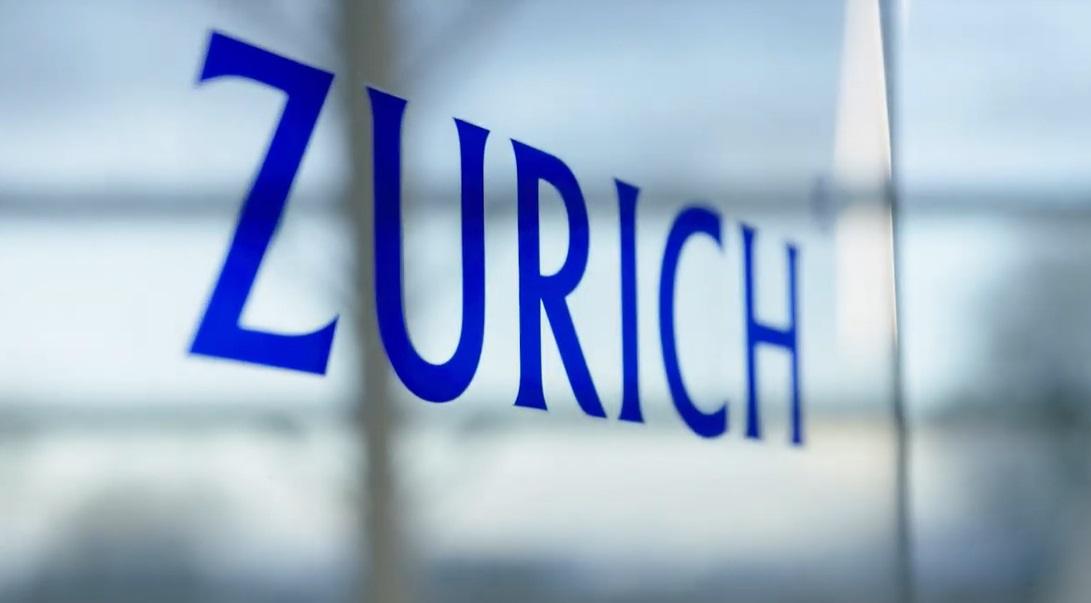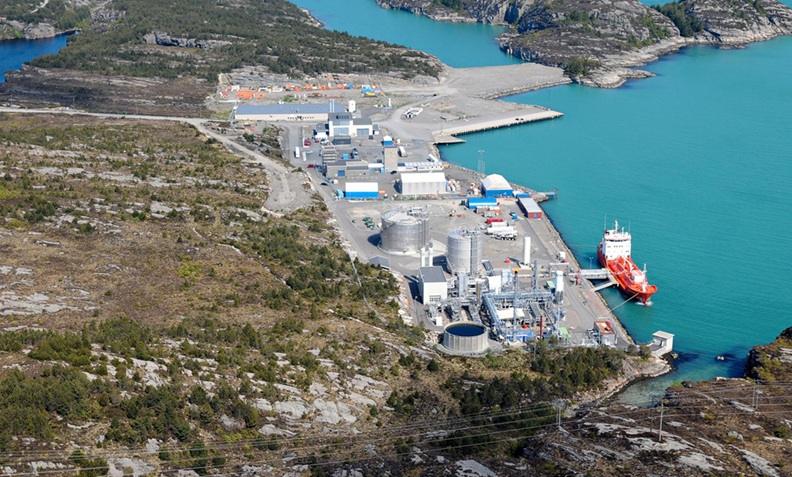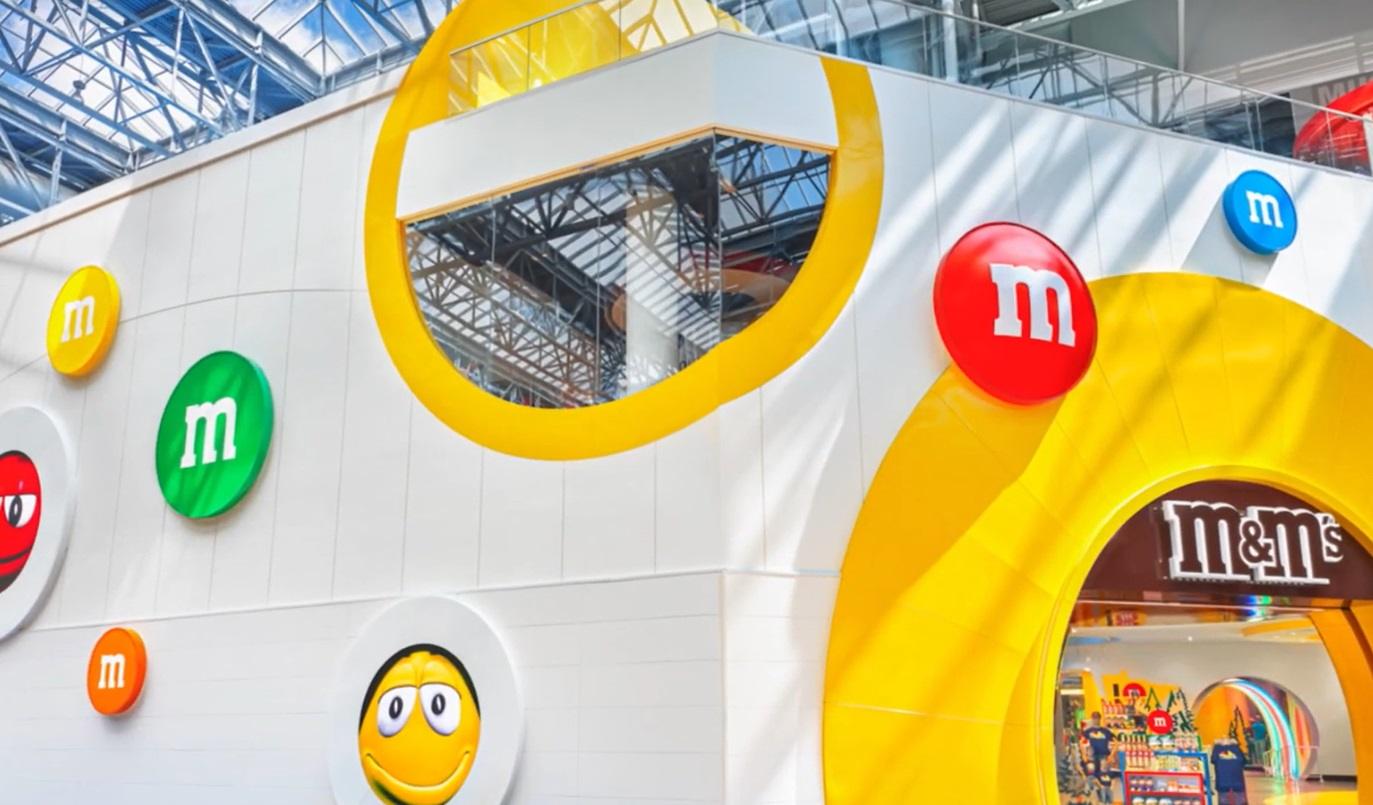Zurich Turns to Nature-Based Solutions to Accelerate Climate Goals by 20 Years
Global multi-line insurer Zurich Insurance Group announced today an acceleration of its climate goals, with a new commitment to reach net zero emissions in its operations by 2030, 20 years ahead of its initial target.
The announcement follows a series of emissions-reductions measures and goals initiated by the company over the past year. In March 2021, Zurich introduced goals to cut operational emissions by 50% by 2025 and 70% by 2029, along with plans to reduce the carbon intensity of its listed equity and bond investments by 25% by 2025 and 30% for direct real estate investments. In September, Zurich announced measures including significant cuts to air travel and eliminating internal combustion vehicles from its fleet. The company has also pledged to achieve net zero in its investment portfolio by 2050.
While reductions in absolute emissions remain a stated priority for the company, Zurich has committed to removing emissions that cannot be avoided from the atmosphere. Along with today’s new climate commitment, the company also announced a series of agreements with carbon removal suppliers, focusing on suppliers of nature-based solutions.
Chosen suppliers include Australia-based InterEarth, which removes CO2 through a method called woody biomass burial, Bio Restorative Ideas from Puerto Rico, which plans to convert waste and invasive bamboo to biochar, which will be used to improve soils with benefits in food production and yield, and US-based Oregon Biochar Solutions, which produces biochar from forestry waste, including fire hazard biomass and forest fire burnt wood.
Zurich stated that the projects were selected to align with the company’s broader sustainability goals, including food resilience, wildfire prevention, and development of a fairer society.
Alison Martin, CEO EMEA, and Bank Distribution, and the Executive Committee member responsible for Sustainability, said:
“Since we first started measuring our carbon footprint in 2007, we have avoided an estimated 1 million metric tons of CO2-equivalent emissions, and our focus remains on reducing them to a minimum. To balance out our unavoidable residual emissions, we are supporting innovative carbon removal solutions. The urgency of the situation means we need to be proactive and help scale up the carbon removal industry, which is still in its infancy.”





